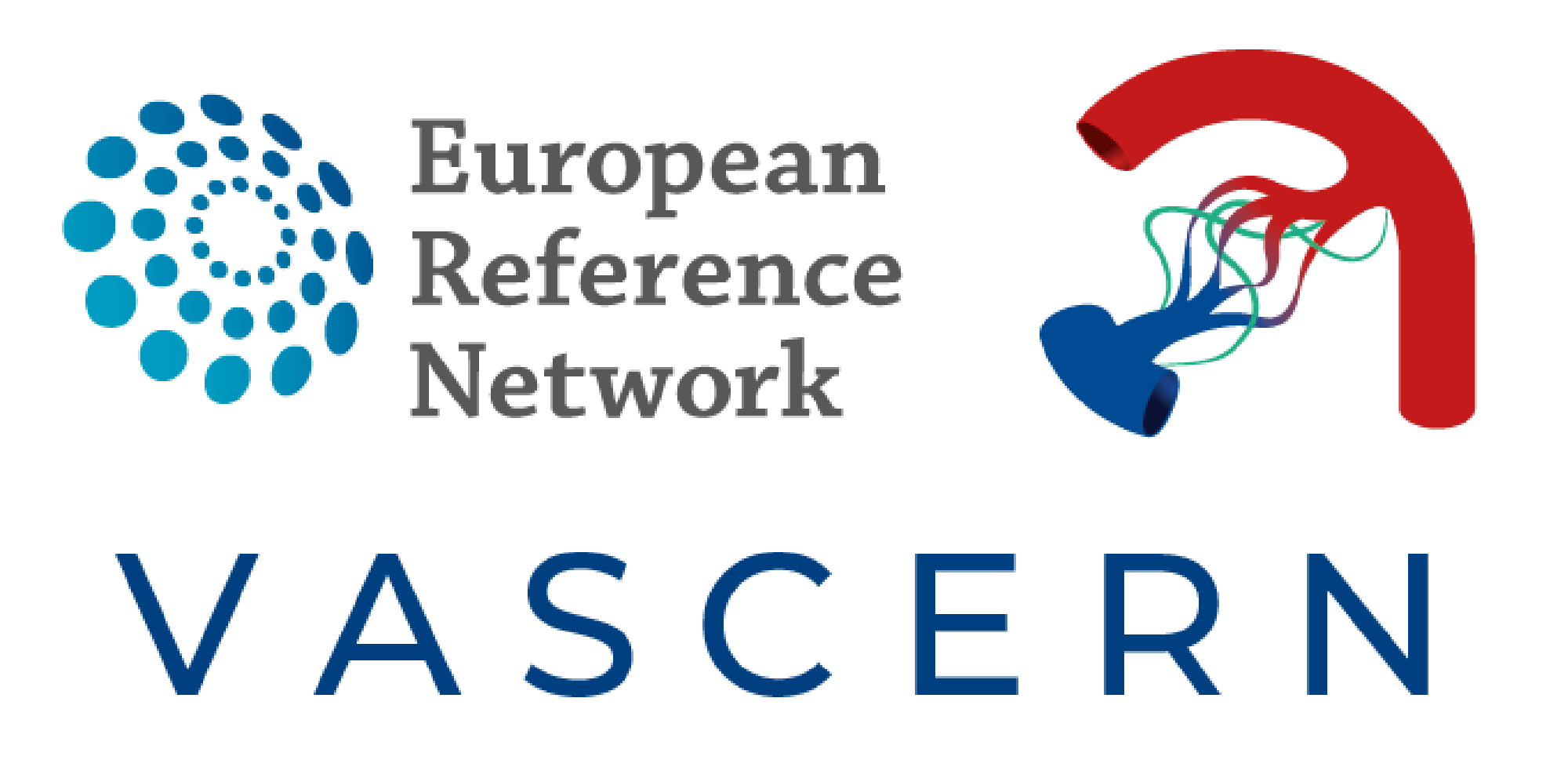
The World Orphan Drug Congress 2025, held from 27–29 October at the RAI Congress Centre in Amsterdam, brought together researchers, clinicians, industry leaders, and patient advocates from around the world. As one of the largest international platforms dedicated to rare diseases, the congress remains a space to exchange ideas and explore ways to improve diagnosis, treatment, and patient access to care.

Highlighting research on vascular anomalies
Among this year’s speakers was Prof. Miikka Vikkula, from Université catholique de Louvain (UCLouvain) in Belgium, and a member of VASCERN’s Vascular Anomalies Working Group (VASCA).
In his presentation, “From Malignancy to Malformation: Navigating the Hurdles of Cancer Drug Repositioning for Vascular Anomalies,” Prof. Vikkula traced the path to the current understanding of the pathophysiology of vascular anomalies and discussed the potential to repurpose cancer drugs for use in this field. He also discussed the challenges researchers face when working with pharmaceutical companies, which often show limited interest in rare diseases.
During his talk, Prof. Vikkula also took the opportunity to highlight VASCERN’s work, sharing how the network connects expert centres and patient representatives across Europe to strengthen collaboration, advance knowledge, and improve care in rare vascular diseases.
The session aimed to spark discussion and gather input from other experts at the congress, to connect with researchers facing similar challenges, and to learn from ongoing initiatives in related fields. Prof. Vikkula also emphasised reformulation as one possible path forward in adapting existing compounds for use in rare vascular diseases.
Also attending the event was Caroline van den Bosch, patient representative for HEVAS and patient advocate within the VASCA European Patient Advocacy Group (ePAG), representing the patient perspective at this major international event.
Driving collaboration and new approaches
Drug repurposing is a promising direction in rare disease research, offering a way to accelerate access to treatments by building on what is already known about existing medicines. For people living with rare diseases, where few treatment options currently exist, this approach could play a key role in bringing effective therapies closer to patients.
Participation in international meetings like the World Orphan Drug Congress allows VASCERN members to share knowledge, raise awareness, and strengthen collaboration between clinical experts, researchers, and patient advocates working to improve care in rare diseases.
Learn more about the Vascular Anomalies Working Group (VASCA).

